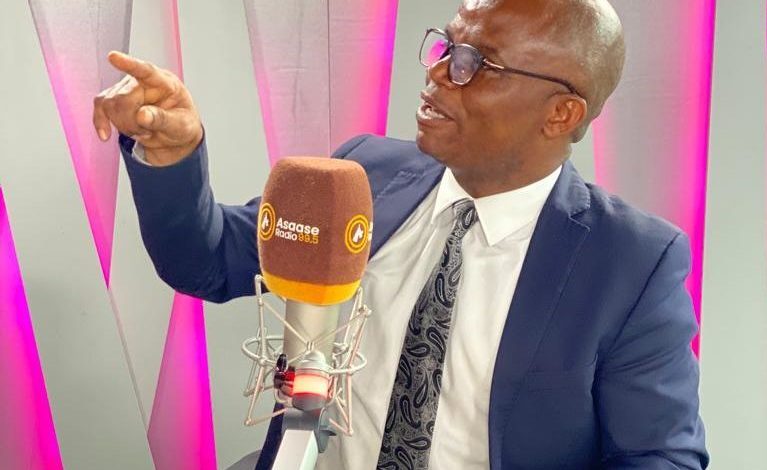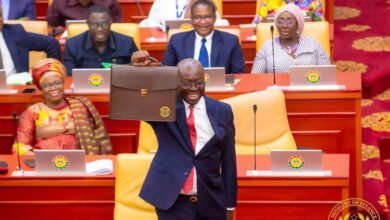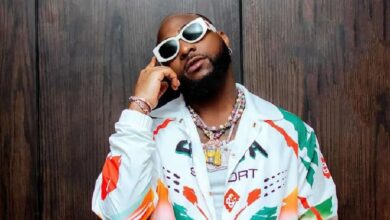Christians hardly want to vote for a Muslim leader

Former Deputy Finance Minister and Member of Parliament for Nhyiaeso, Dr. Stephen Amoah, has sparked national conversation with bold remarks on the intersection of religion, natural resources, and voter bias in Ghana’s political landscape.
In a statement captured during a public engagement with TESCON students in Kumasi, Dr. Amoah suggested that Muslims are divinely linked to resource-rich lands, asserting that regions populated by Muslims across the world tend to be blessed with oil and other natural riches.
“God is real, don’t deceive yourself. Whether heaven or hell, there’s God,” he began, establishing the spiritual tone of his message.
“And truly, practically, all over the world, where you find Muslims a lot, we have oil. Am I lying? So who can say Muslims are not from God?”
His comments appeared to be aimed at challenging religious biases in leadership and governance.
Dr. Amoah noted that despite the societal reverence for faith, Muslims often face resistance when vying for leadership roles—particularly from Christian communities.
“Whether we like it or not, Christians hardly want to vote for a Muslim leader. It is a fact,” he stated emphatically.
Touching on personal challenges and broader truths, he admitted to facing some backlash, including from religious circles.
“Some pastors had actually set up WhatsApp platforms before the election. We all know—why are we lying to ourselves? Even though I disagree with them, it was a fact,” he revealed.
While Dr. Amoah did not specify the political context that triggered his statement, his words come at a time when religious and ethnic undertones are increasingly influencing Ghana’s political discourse, especially with the 2024 general elections drawing closer.
He urged Ghanaians to acknowledge their biases rather than mask them, calling for a shift towards honesty and unity.
“Acknowledge yourself and your problem, but we can find solutions to them, rather than saying [they don’t exist],” he concluded.




